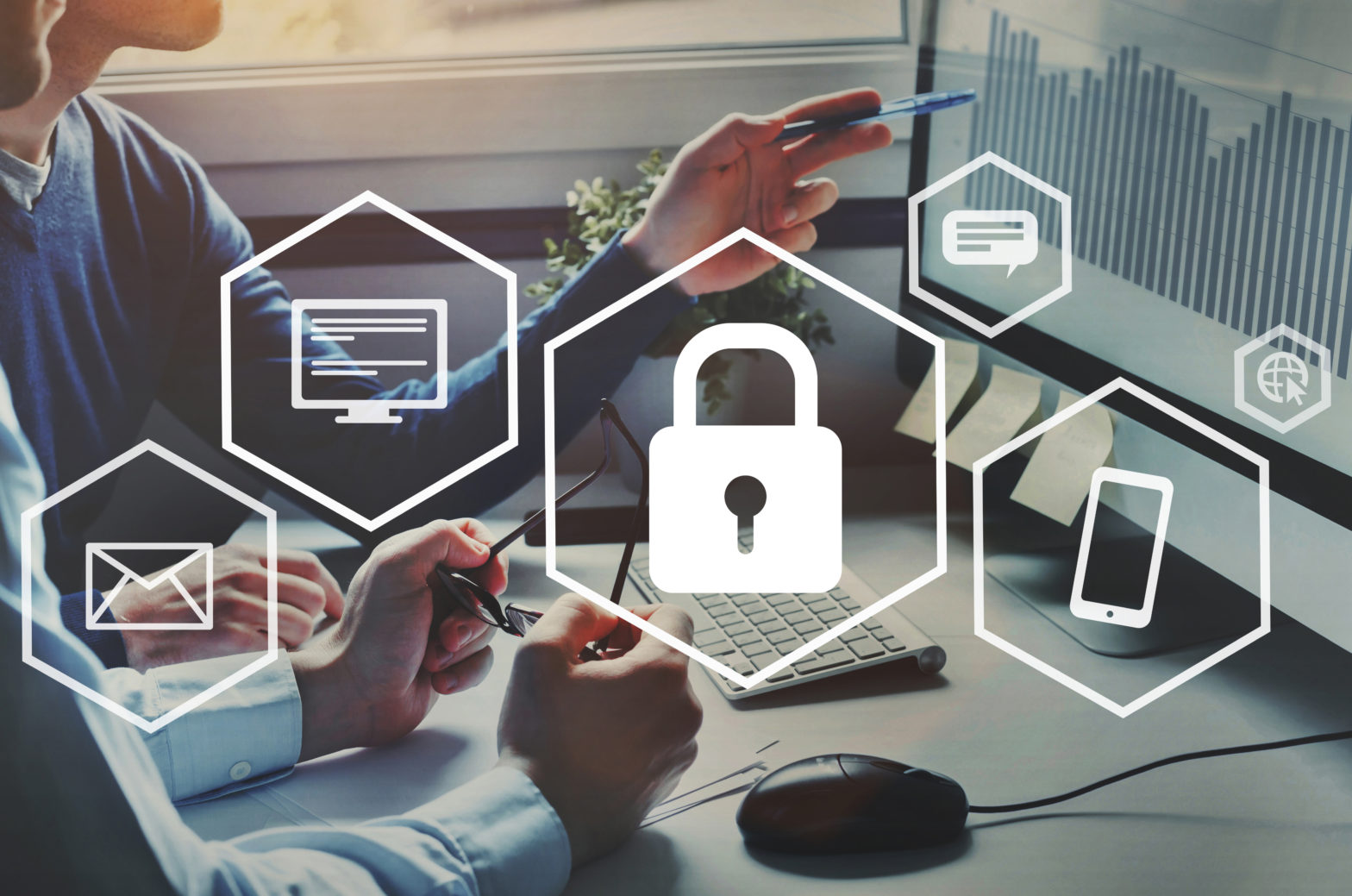Data privacy is making headlines as consumers vie for more control. But it’s not just consumers affected, businesses play a big role.
Data privacy is a hot button topic of late. Consumers are increasingly educating themselves and becoming knowledgeable about data and how it’s used. Businesses collect and use customer data for a variety of reasons, whether it’s personalization, how features are used in an app or on a website or something else, your information is being stored somewhere. Let’s be clear about something though, companies’ data collection policies don’t just affect consumers, but businesses, too. Data privacy isn’t just about identity theft anymore, and it’s important that businesses not only secure what they collect, but also train employees on how to keep their information safe.
That seems weird, right? Is it really the employer’s responsibility to teach someone how to keep their personal information safe? Technically, the answer is no. We’re all adults and are responsible for our own actions and information we share. However, when an employee’s actions inadvertently affect the business, it becomes the problem of that business.
Let’s back up a little bit, let’s explain how this works. There are a plethora of new gadgets and tools and smart IoT devices on the market today. Amazon just got federal approval to create a device that monitors sleep using radar. Radar provides touchless sleep monitoring, something the company claims will provide more precise information and location accuracy. MIT made an “Intelligent Carpet” that can monitor people without the use of cameras. There are smart refrigerators, smart thermostats, smart doorbells, etc. that keep track of everything we do and every purchase we make.
For every website we enter our information on, we create a new access point to our data. For every device we use that helps us automate our lives (Alexa, Siri, etc.), we give another company a peek into our daily lives. Every single website, product, etc. has terms and conditions which contain information about the data they collect and how they use it. But consumers really have no say what the company does with that information once they agree to the terms. For example, the use of smart meters for public utilities is becoming more widespread. It was recently discovered that some meters were accessed and adjusted remotely, without the consumer’s explicit OK, per the agreed terms of service.
As a business leader or business owner, you have an obligation to protect your business. You likely have an inherent desire to protect your business so that it remains alive and profitable. That means you need to ensure your employees know how to keep their information safe. If their information becomes exposed and a threat actor gets ahold of it, they can use that information to infiltrate places of business where people work. This is why IAM controls are imperative, the requirement of strong passwords that have to be changed at regular intervals is a good idea, using a password manager to orchestrate this makes it so that employees don’t even have to think about it.
Remember, it doesn’t matter how a hacker gets into your systems. Once they are there, you are on the hook for any damage they cause or havoc they wreak.
On the flip side, this should also serve as a lesson to businesses everywhere: Don’t collect information you don’t need! Not only does this protect your business, but it protects your customers and it helps protect other businesses that may not have stringent security protocols or training programs for employees.
We are in the thick of the Age of Information, where the more information you have, the higher you are on the food chain. Big data is big business and big tech runs the world. Data privacy is coming to the forefront, though, and consumers are ready to keep their information safe. As a business owner or business leader, be sure to take notice. Listen to your customers, clients, business partners and employees. Understand that no one wants their information shared with unauthorized parties, and if they are sharing information with you, they are trusting you to keep it safe.
Last week, President Biden signed an executive order promoting competition among businesses. Small and medium sized businesses will see a big benefit from this, so it’s important that those businesses especially look at their data storage and security methods. Make sure you’re ready to scale as business picks up and that you aren’t caught off guard. Bring in an expert now, someone who can ensure you have the proper storage solutions in place and that security is where it needs to be. You’re responsible for the data you collect, so make sure you’re ready!

